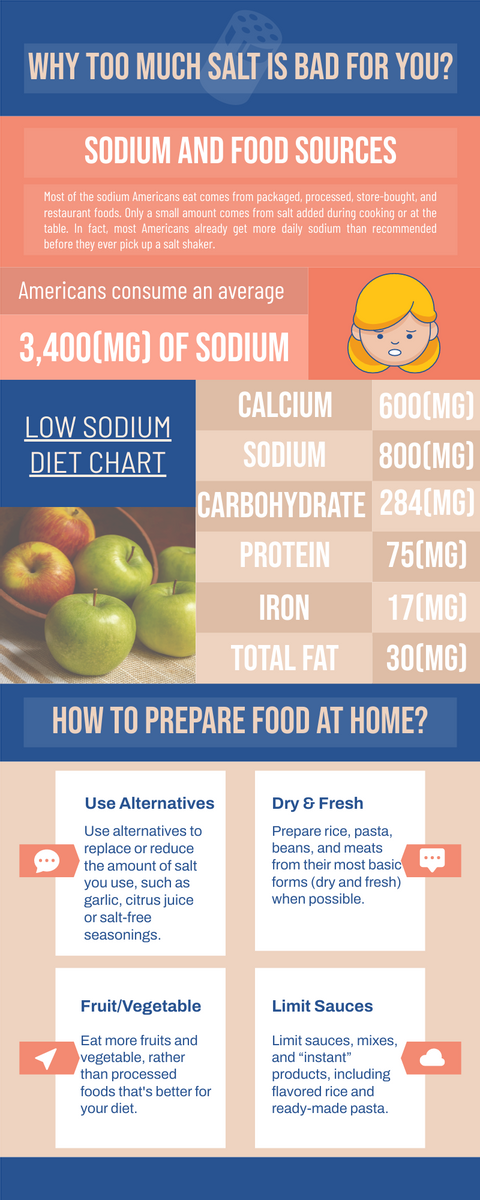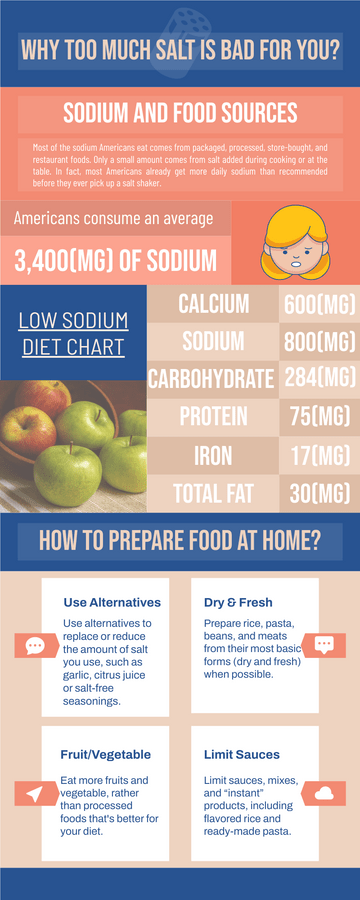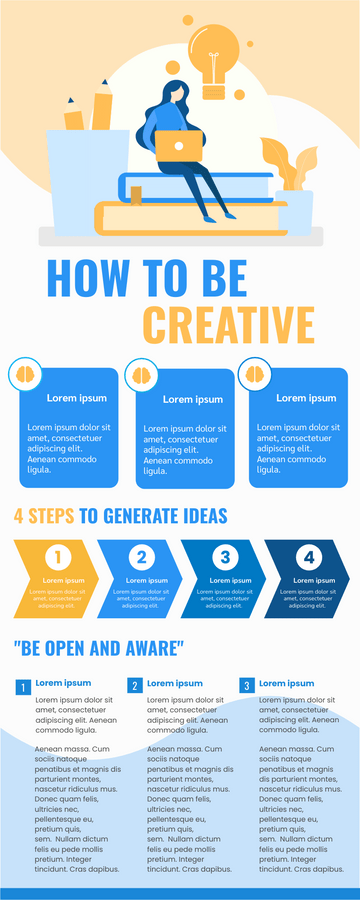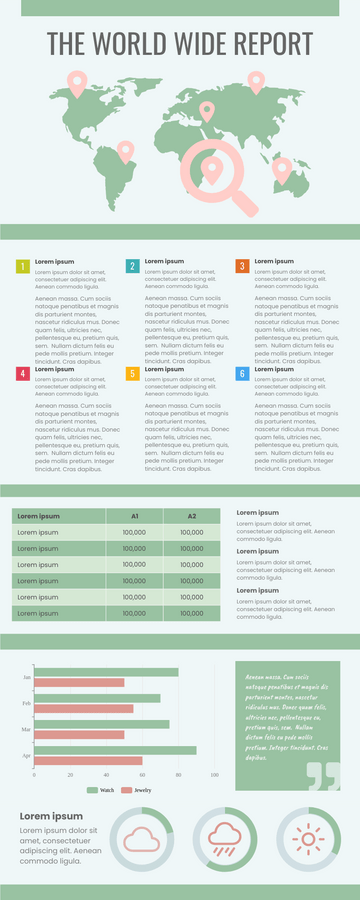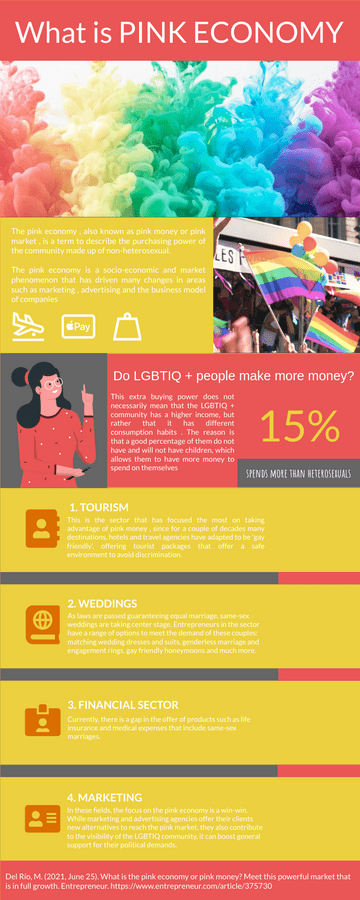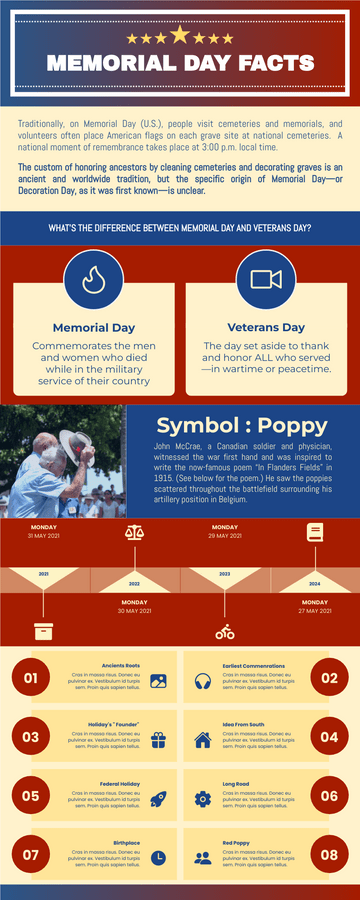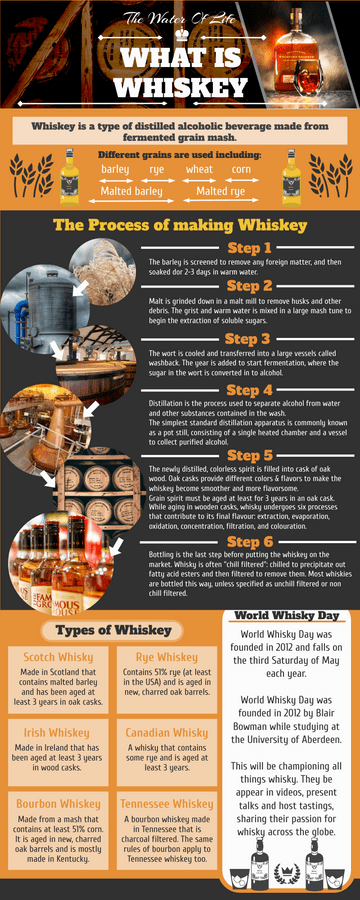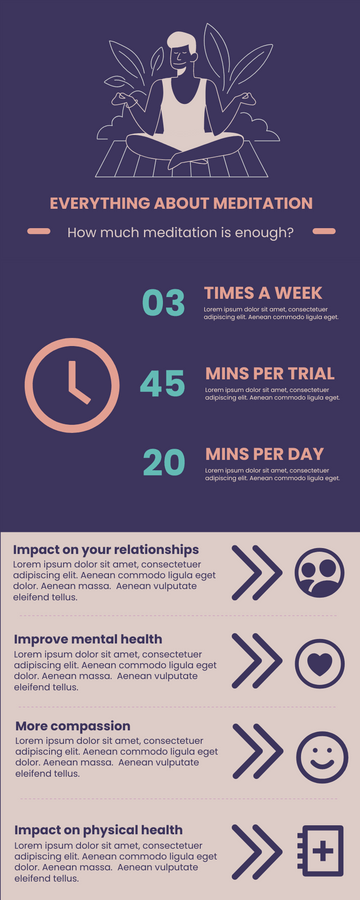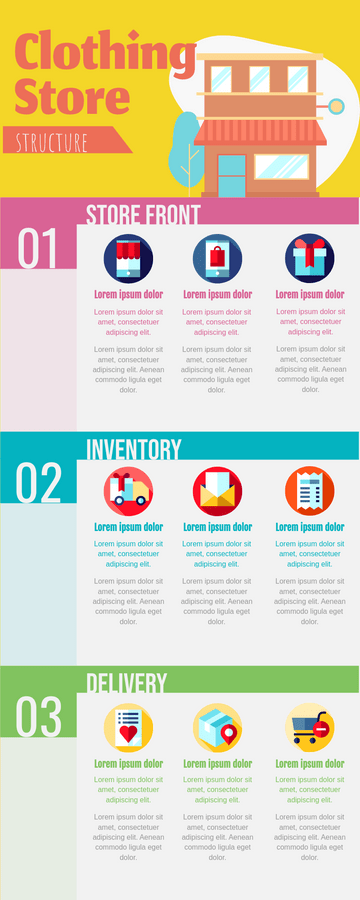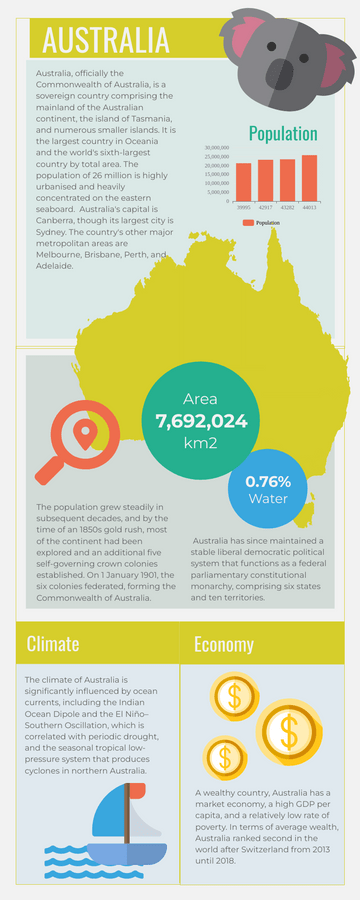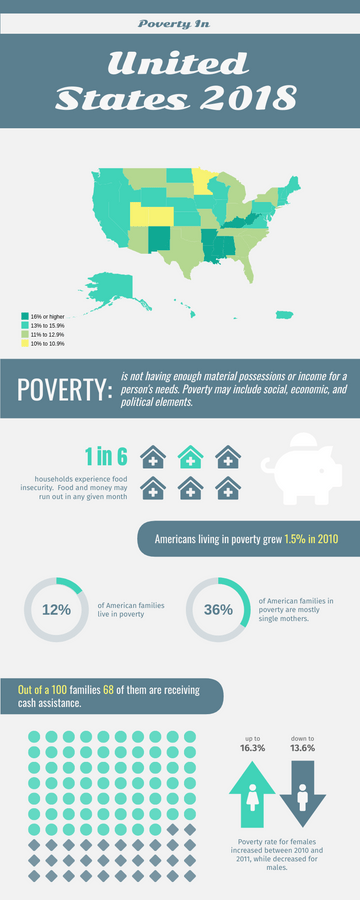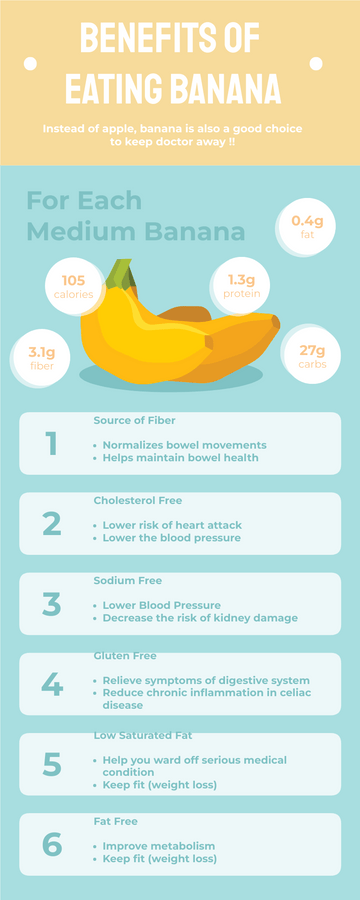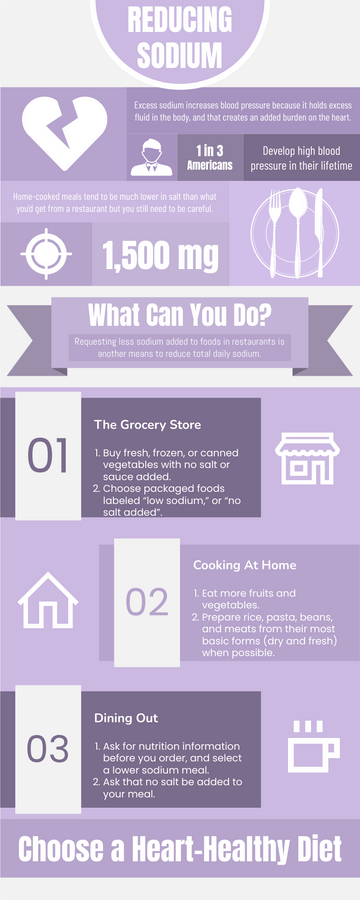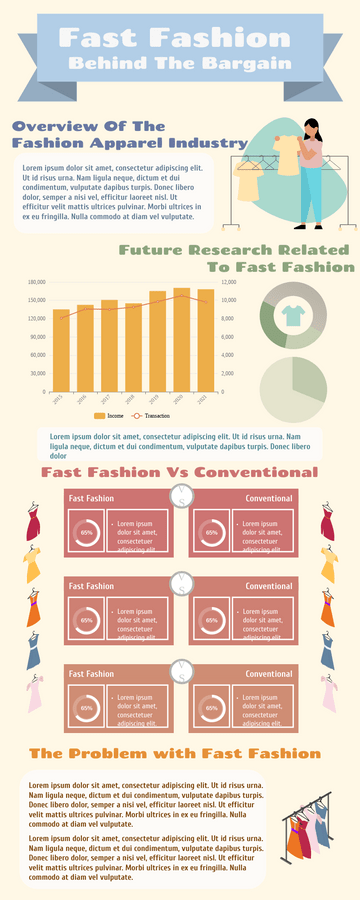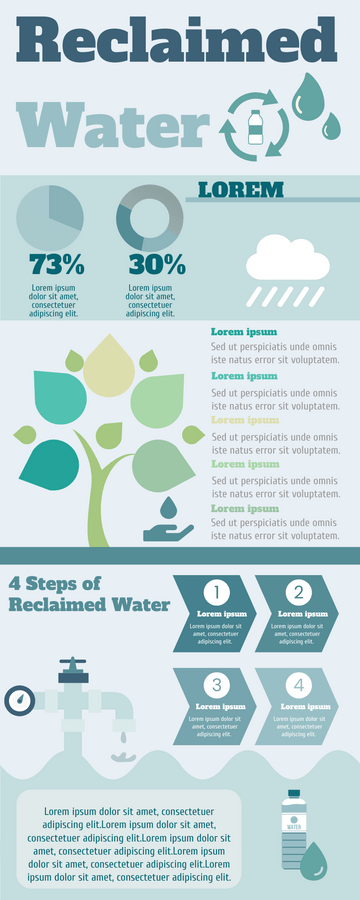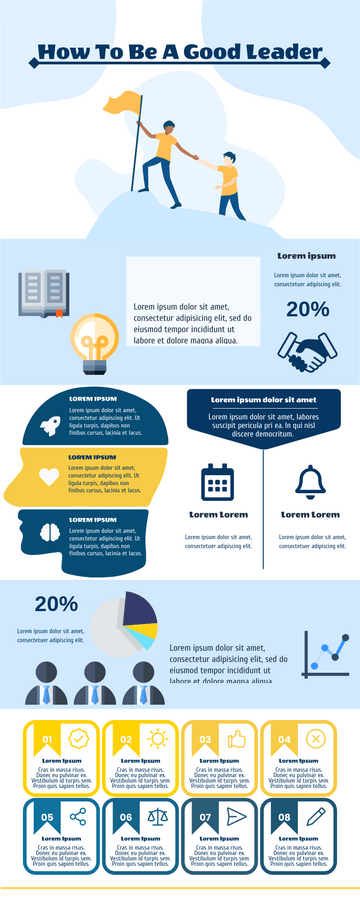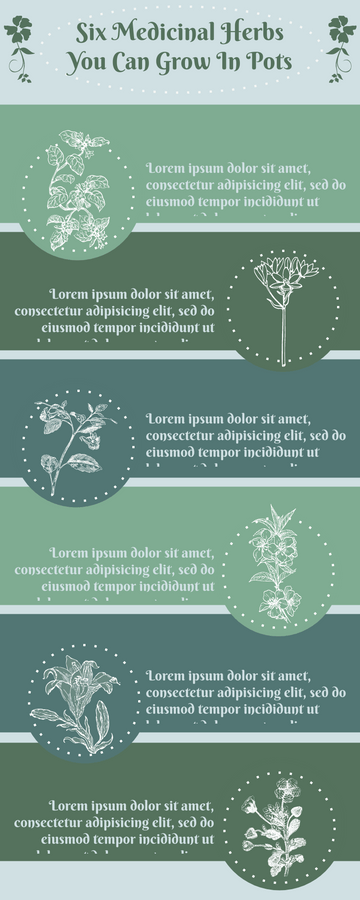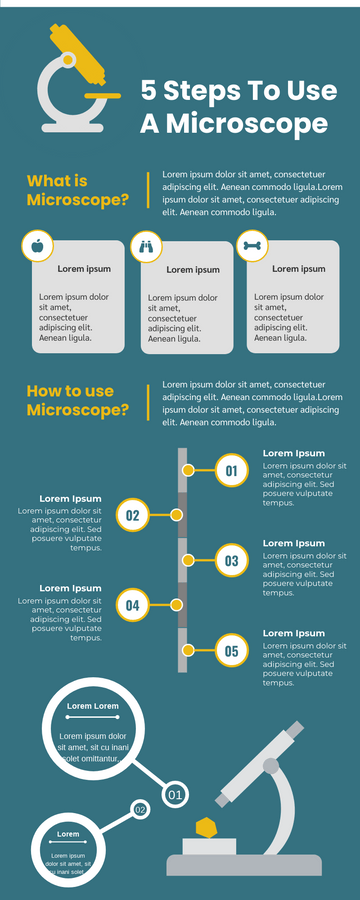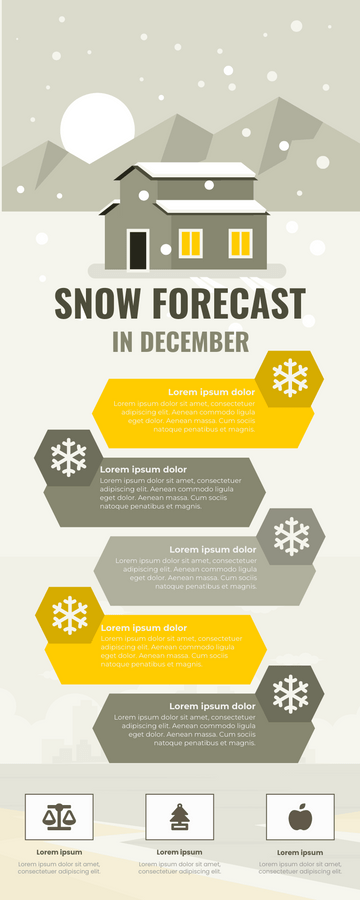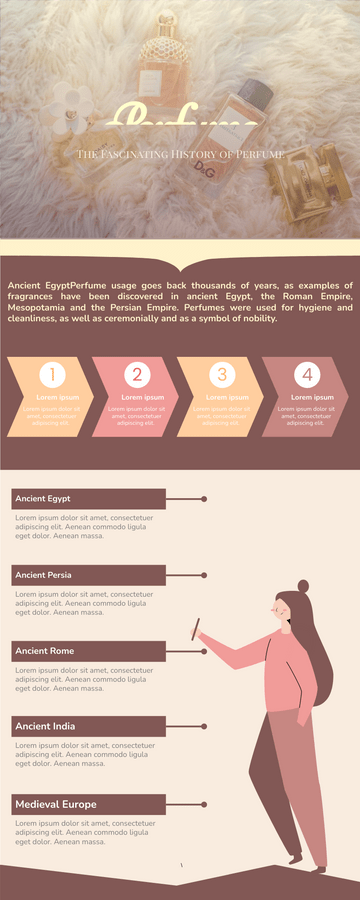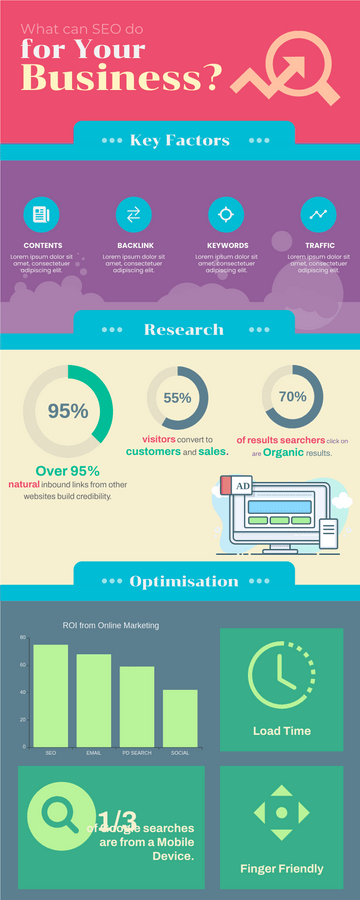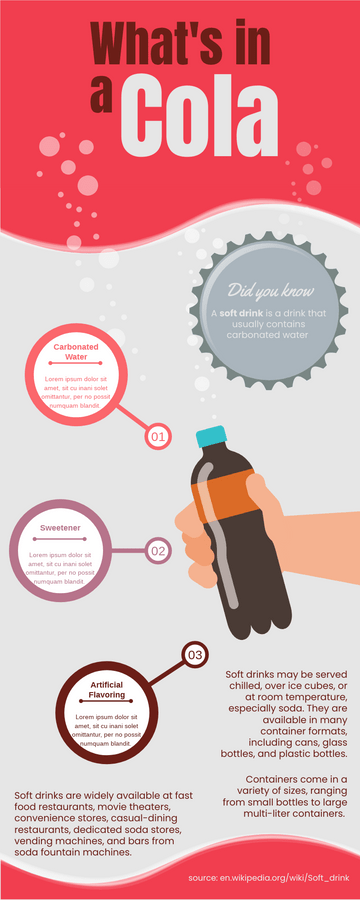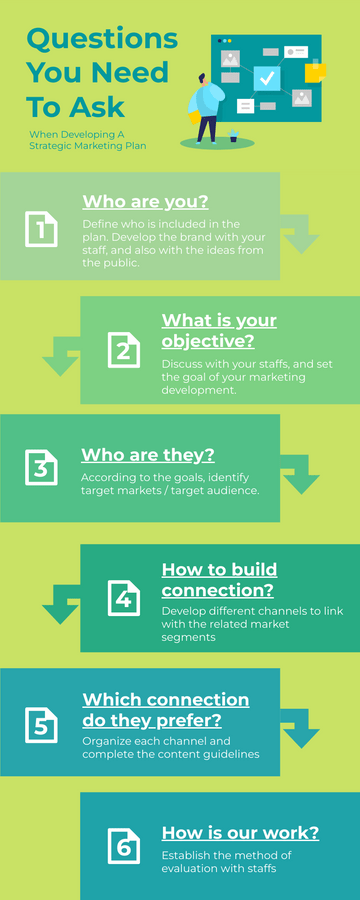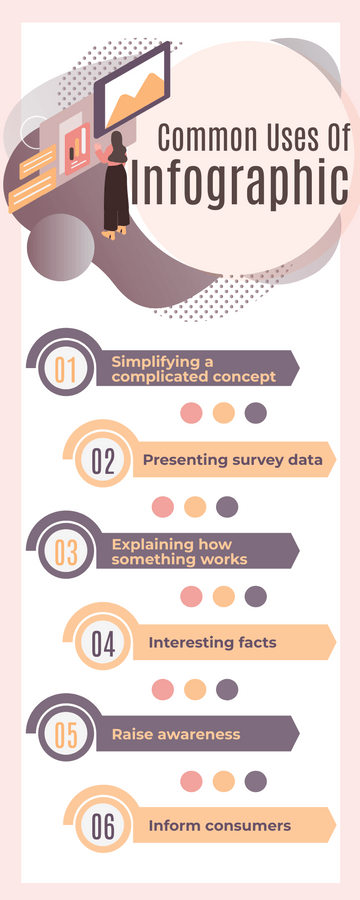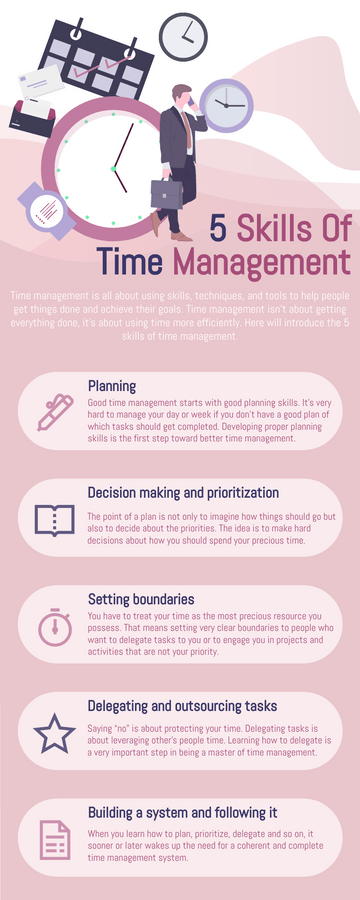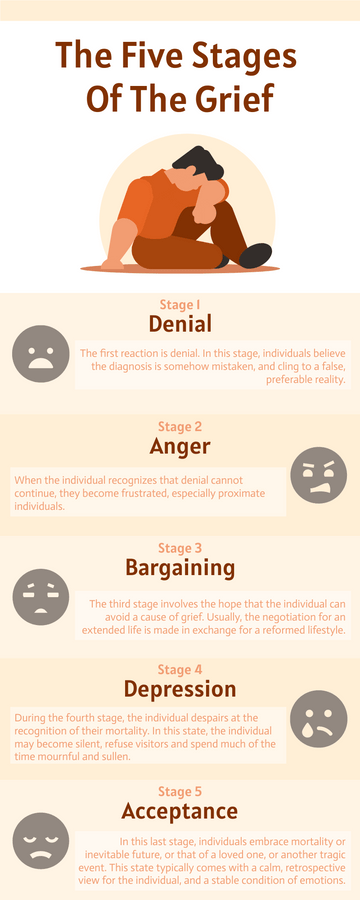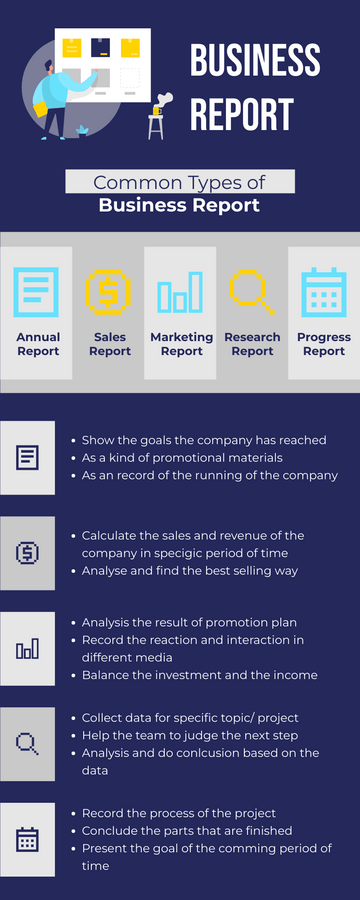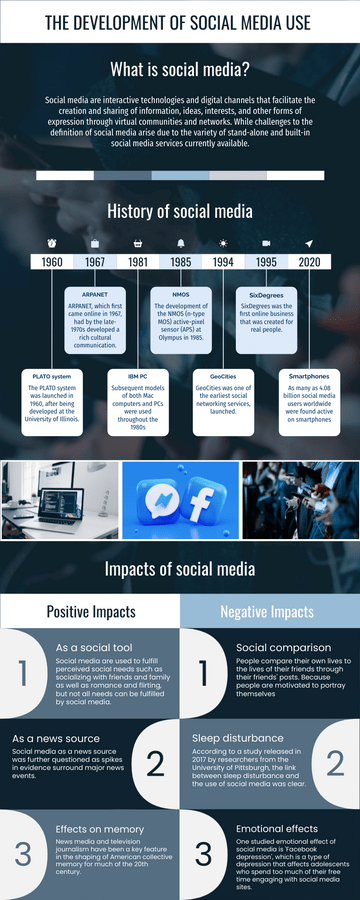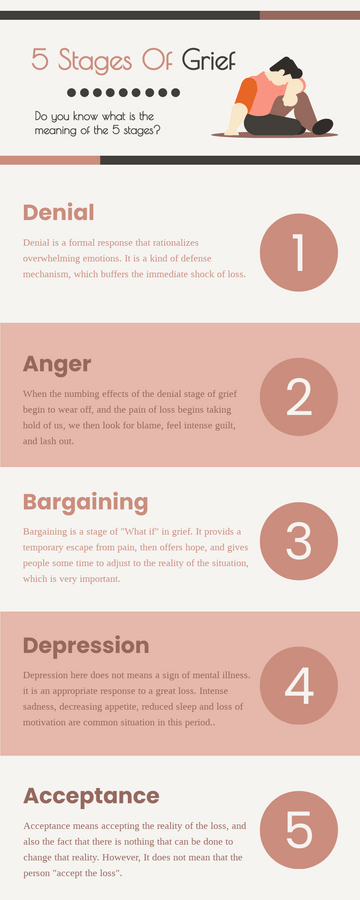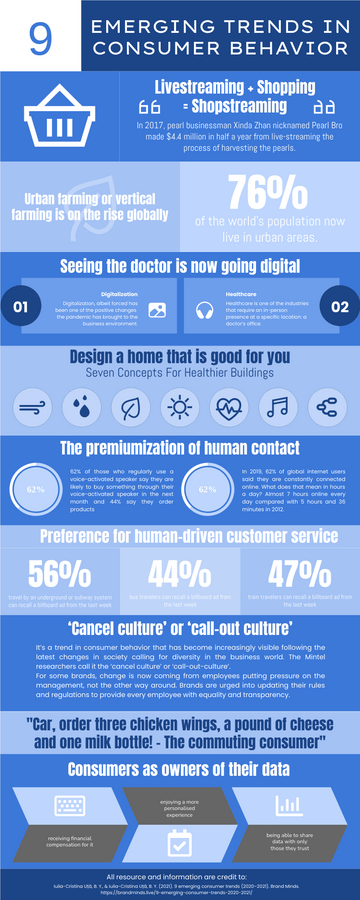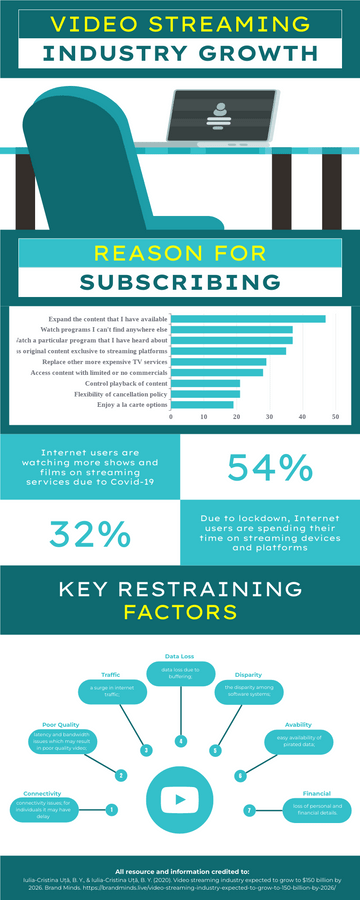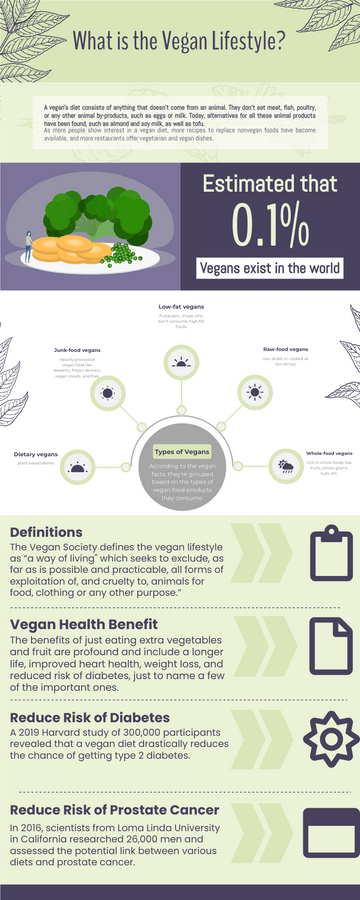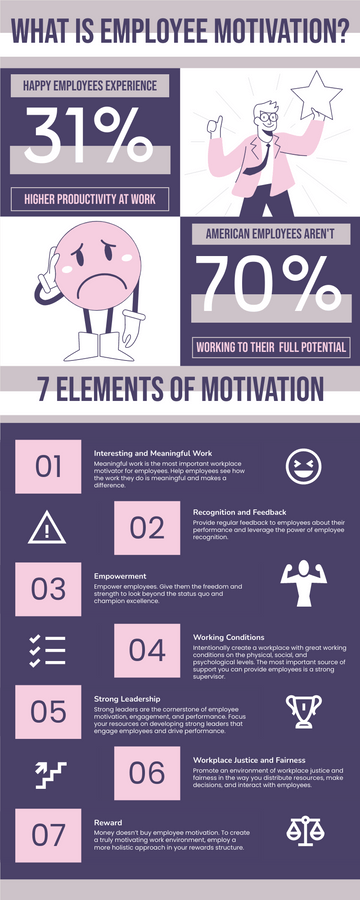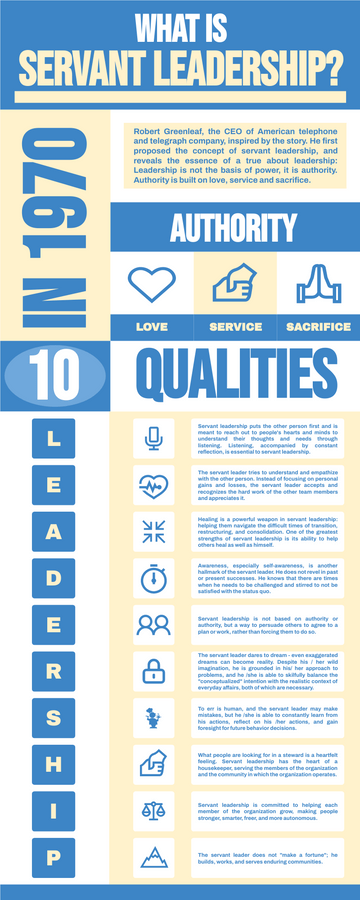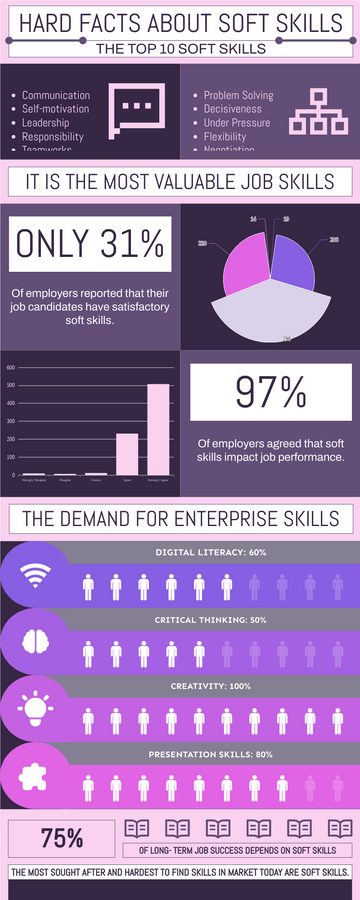Why Too Much Salt is Bad for You Infographic
Salt, also known as sodium chloride, is about 40% sodium and 60% chloride. It flavors food and is used as a binder and stabilizer. According to the study, if you eat salty foods on a regular basis, your risk of developing diabetes increases by 40 percent.
Why is that?
Salt stimulates the secretion of ghrelin, so eating salty food will naturally make you hungry and you will eat more than the average person.
Salt inhibits insulin secretion - It can also increase insulin resistance, making insulin less sensitive. Over time, your risk of developing diabetes increases dramatically.
Salt increases the burden on the kidneys - Because salt is sodium chloride, sodium ions need to be metabolized by the kidneys. When the body eats too much sodium ions, of course it will increase the burden on the kidneys.
Salt increases the risk of urinary tract stones - Because sodium and calcium are usually excreted together, when a lot of sodium is excreted, calcium ions will be excreted too much, which will increase the concentration of calcium ions in the urine, which will lead to a little more stones than the average person.
Salt causes cardiovascular disease - Because sodium itself absorbs water, eating a lot of sodium will increase the water in the blood vessels, and the relative blood pressure will be higher than that of ordinary people. After a long time, it is easy to get cardiovascular disease.
